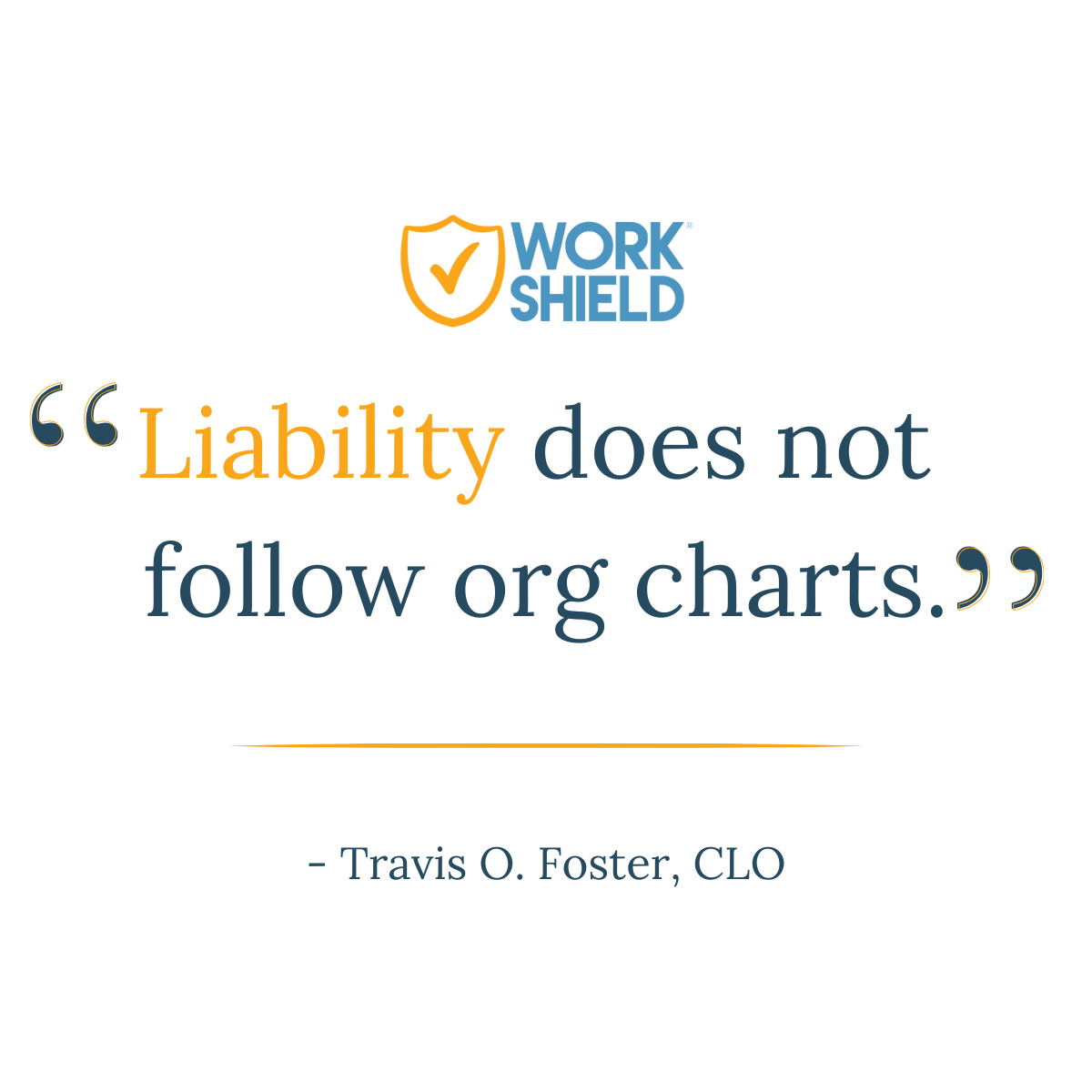Leaders understand the importance of reviewing and prioritizing organizational processes, but what about improving workplace ethics and compliance policies? Like any other process or policy, it is important to regularly assess the cultural health of an organization through auditing. By conducting regular ethics and compliance audits, organizations can be confident that they are up to date with the latest compliance standards and best practices for long-term success.
The Importance of Regular Ethics and Compliance Audits
Behind every strong workplace ethics system is an audit. Having a regularly scheduled workplace assessment demonstrates a strong commitment to an ethical culture. During an audit, evaluations are conducted on various policies and practices to enhance the organization’s compliance program. With routine auditing, leaders can verify that there are no compliance gaps and mitigate the risk of failing to comply with local, federal, and international employment laws and industry regulations.
Performing routine audits not only boosts an organization’s compliance program but also reinforces an ethical culture. When employees recognize that leaders are frequently examining practices and reinforcing the organization’s mission, it signals to them that the organization prioritizes accountability, transparency, and continuous improvements. In fact, according to Nailted, 42% of employees felt that their organization’s mission motivated them and 85% shared that they felt they trusted them to fulfill that mission.
Key Elements to Audit in Your Ethics and Compliance Practices
Not only should the auditing process adhere to all legal requirements, but it should also comply with internal procedures. Internal audit policies and procedures should also be included to be regularly reviewed and updated as well. Training programs, data privacy, and security are just a few of the issues that leaders should re-evaluate. As workplaces continuously evolve, policies and procedures must adjust with it.
Making employees aware of this evaluation process lets them know that they have a voice in cultivating strong workplace ethics. By working together to improve ethical standards, organizational leaders can, in turn, improve employee morale and ethical behavior, as well as performance.
Why an Ethical Culture Is Key to Long-Term Success
Having a strong workplace ethics system is more than showing employees that the organization is open to change. Having an ethical culture mitigates the risk of legal and financial penalties and maintains a strong reputational image. Improved ethical standards can save organizations money and improve the bottom line.
Having a more ethical and compliant workplace can foster a collaborative and productive workplace environment, promoting an organization’s reputation and brand loyalty. Promoting a strong compliance program can increase employee morale and allow them to feel secure within the organization. In fact, according to Gallup, companies with robust health and overall well-being programs see a 21% increase in job performance. When employees feel as if they are a part of the culture, with the standards set by the organization’s leaders, they will invest themselves back into the long-term success of the organization.
Investing in Compliance Tools to Maintain Ethical Standards
Investing back into the organization and its employees by prioritizing routine audits with a third-party solution such as Work Shield, can improve the bottom line and raise an organization’s overall ethical standards. By reinvesting, organizations can improve their reputation, mitigate financial risks, and boost employee morale.
By building and regularly evaluating organizational standards and adhering to legal and ethical codes, organizations can support a strong workplace ethics system, bolster employee morale, and maintain a healthy organizational culture.
Work Shield is a comprehensive misconduct management solution with data-backed ROI that helps lower incident rates, the risk of substantial legal and settlement fees, and overall incident-related costs. Its 24/7 reporting process further streamlines the process, offering multi-channel and anonymous or self-identified reporting solutions to help employees’ voices be heard, while giving peace of mind to employers that misconduct will be resolved.





